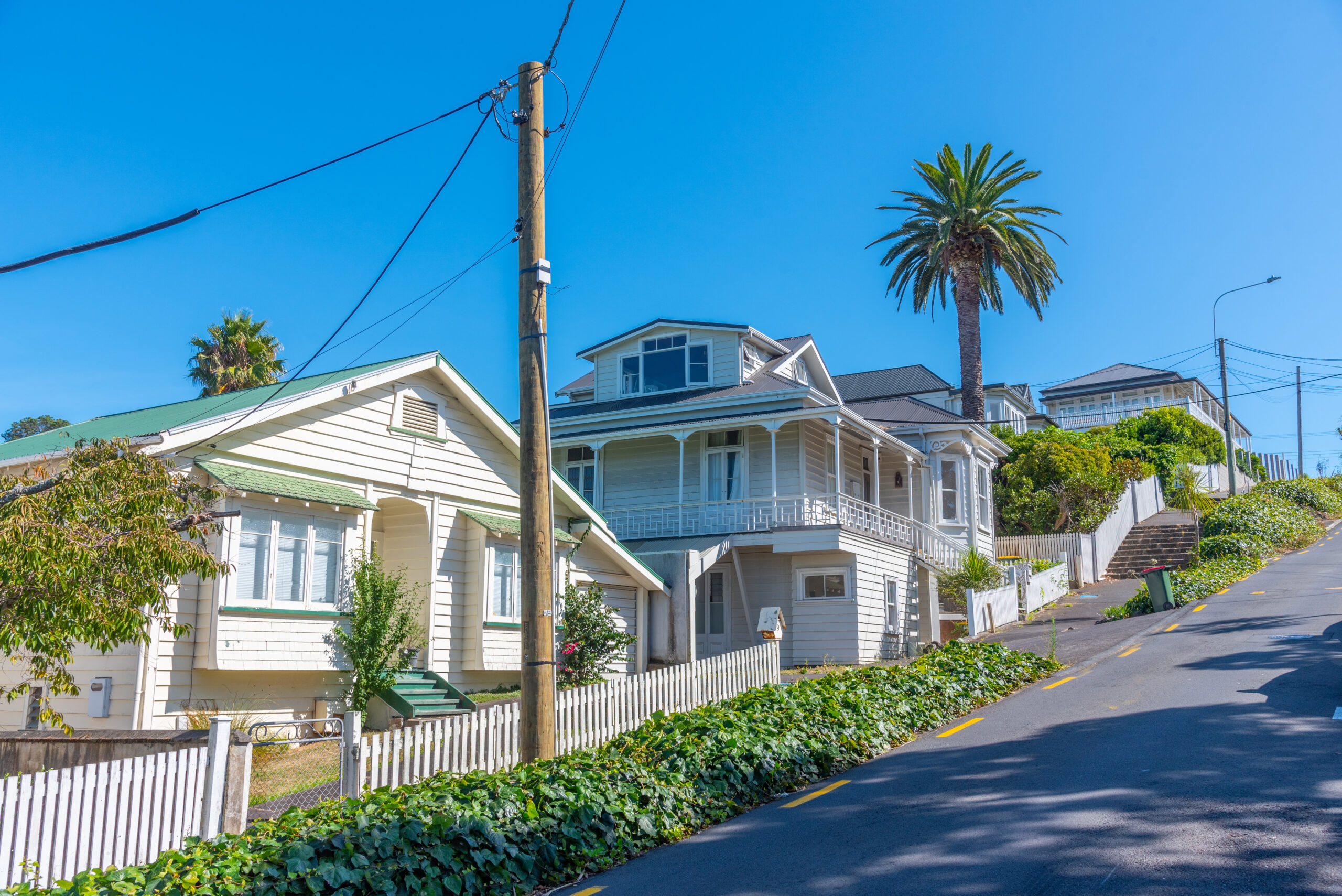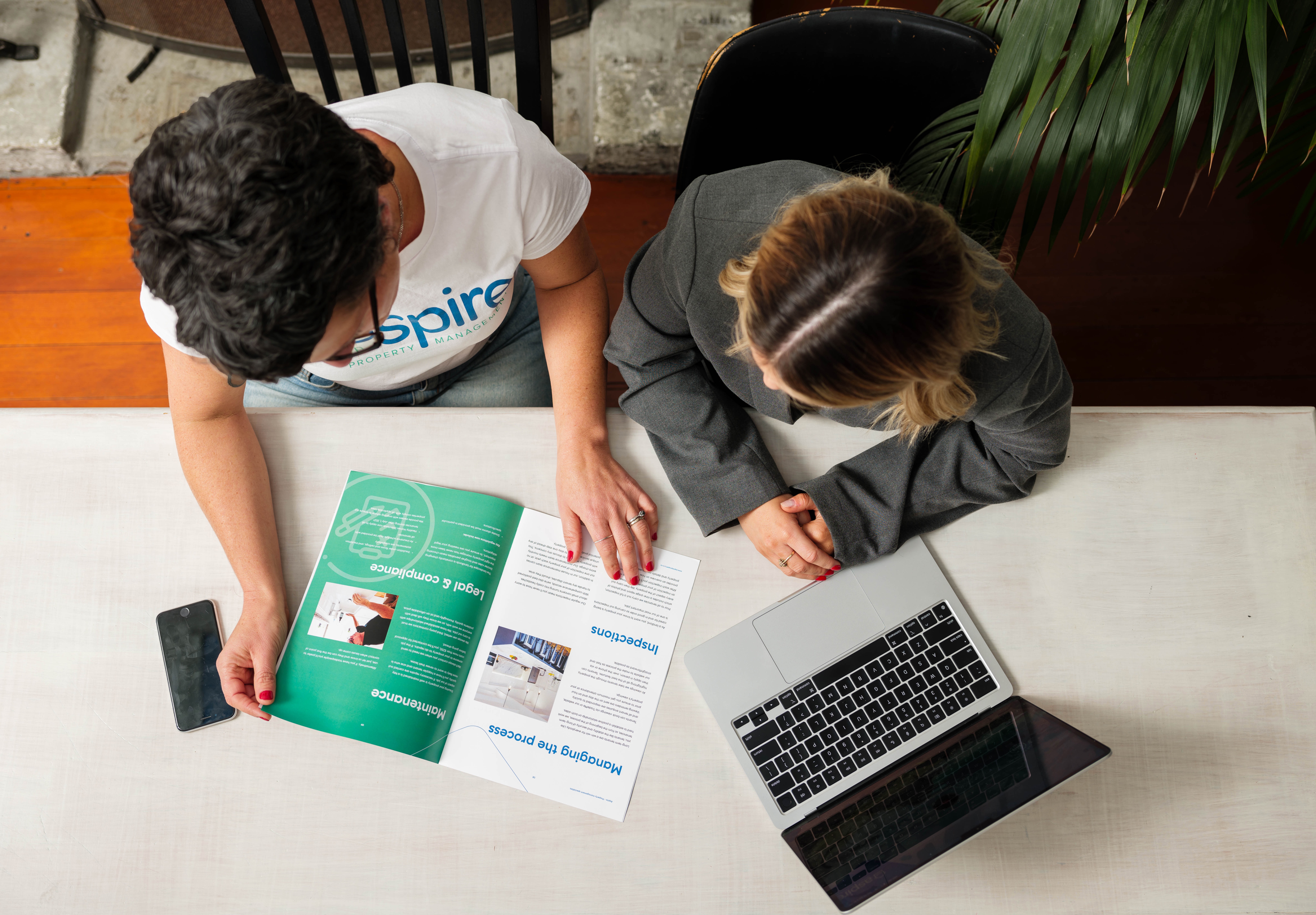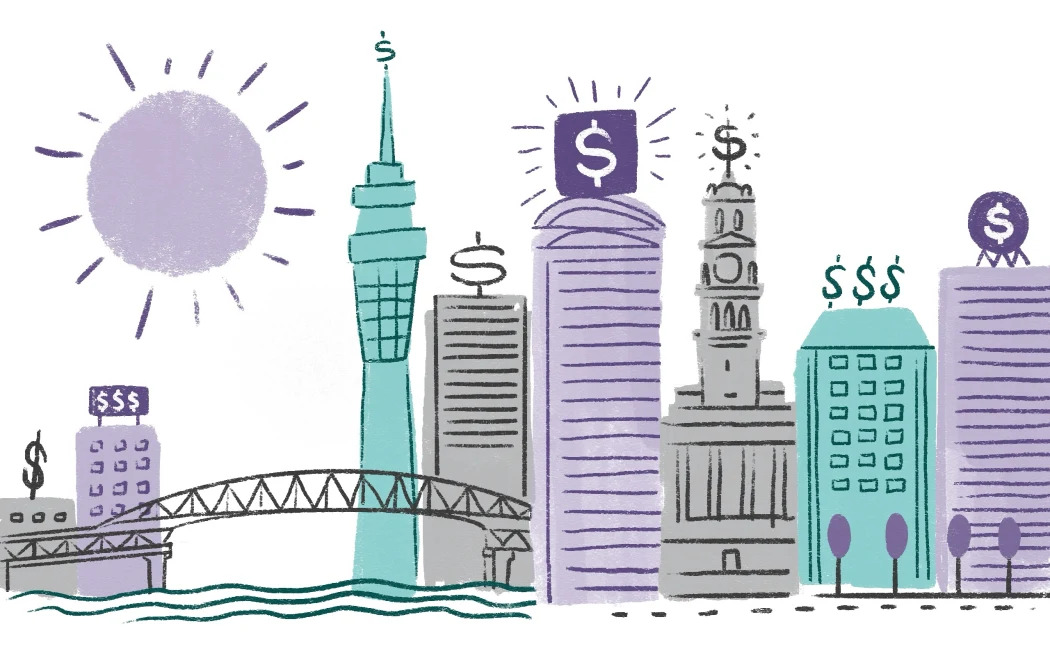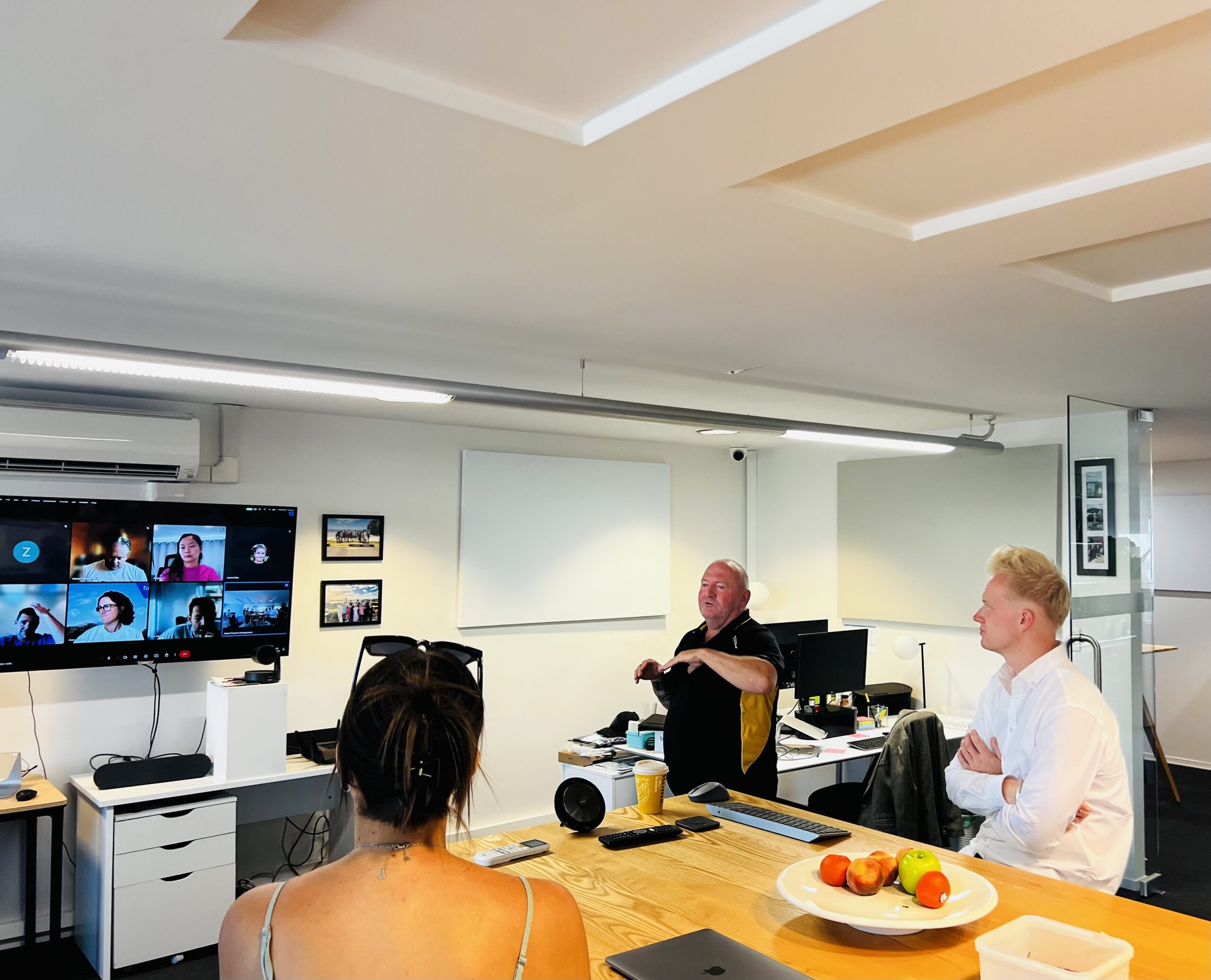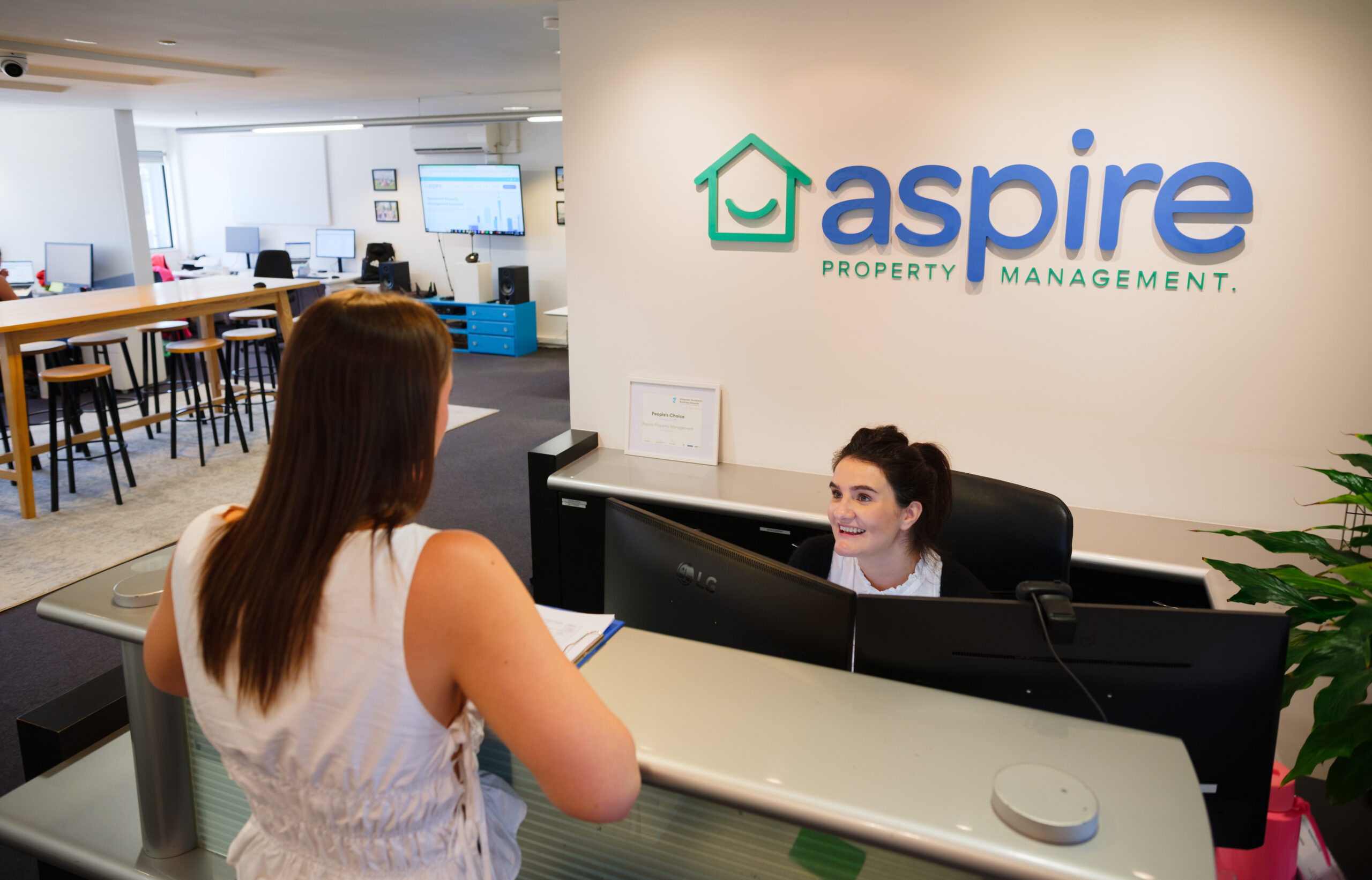Investing in rental properties has long been a popular investment strategy for New Zealanders. The real estate market has shown consistent growth over the last few decades, and there is always demand for rental properties in almost all parts of the country. Here we’ll explore the key factors that make a good rental property and why it’s an attractive option for investors, and we’ll ask some key questions that you need to be able to answer before you buy your first, or next, rental property.
We are not financial advisors and we urge you to seek independent financial advice before making any investment decisions.
1. Location, Location, Location
One of the most important factors when considering an investment in rental property is the location. A prime location not only ensures a steady demand for rental properties but can also lead to significant capital growth over time. Areas with a strong job market, good schools, and convenient amenities tend to attract high quality tenants, which can translate into higher rental income and increased property value. Is the property close to good schools? Good transport options? Is it on a nice street? What are the neighbouring houses like? Also, what’s your location? If you live overseas, or you’re away for more than 21 days, you need to appoint a property manager or agent for the property.
2. Potential for Capital Gain
Capital gain is what attracts most people to residential property investment, and it’s a key factor in the long-term profitability of rental properties. When you buy investment properties in areas with strong potential for capital growth, you’re less reliant on positive cashflow to make the investment viable. Does the property have land? Has the area experienced capital gains in the past? Is there future capital gain potential?
3. Tax Deductible Expenses
Investing in real estate offers several tax advantages (depending on current government policy!), including the ability to deduct various expenses related to your rental property. These expenses may include property management fees, maintenance and repairs, property taxes, and mortgage interest. Taking full advantage of these deductions can significantly reduce your taxable income. Can the interest be deducted? How much? Can I afford the property if the government policy changes?
4. Evaluating Cash Flow
Cash flow is a critical consideration when investing in rental property. Positive cash flow means that the rental income exceeds your expenses, allowing you to generate a profit. A negative cash flow situation can be challenging to sustain over the long term. Careful financial planning and budgeting are essential to ensure your property investment remains financially viable. Can I afford the property if the interest rates go up? When does the property become cash-flow negative, and how long could I tolerate that? At what rent can I make the numbers work, and what if market rent goes down? Is there a body-corporate fee I need to pay?
5. Pros and Cons of Short-Term vs. Long-Term Rentals
When deciding on the type of residential rental property, it’s important to weigh the pros and cons of short-term and long-term rentals. Short-term rentals can provide higher rental income but will require more hands-on management. Long-term rentals offer stability but might yield lower income. The choice depends on your investment goals and your willingness to be actively involved in property management. Here at Aspire Property Management, we have experimented with running short term rentals for our owners, but the amount of management, administration, cleaning, maintenance, wear and tear, and the uncertainty of income, meant that it wasn’t an attractive proposition in the long term, and all our owners reverted back to longer term rentals. Short term rentals are an excellent idea for your holiday home, but perhaps not a great idea for long term buying and holding for investment purposes. Do you need to use the home yourself? Can you tolerate periods of no income? Are you prepared for extra costs such as furniture, linen/towels, cleaning and extra maintenance?
6. Attracting the Right Tenants
To ensure a steady rental income and maintain your property’s condition, it’s vital to attract reliable tenants. Screening potential tenants, conducting background checks, and setting clear rental terms can help you avoid potential problems and vacancies. This is where using a professional property management company can help – at Aspire we use Renti to help us manage the tenant selection process and we thoroughly check and vet each applicant before creating a shortlist of potential tenants. Is the property in an area that will attract good tenants? Do you know how you will market your property? How will you conduct background and reference checks?
7. Monitoring the Demand for Rental Properties
Keep an eye on the local real estate market to gauge the demand for rental properties. Keep up to date with the news, government policy changes and immigration. Are there jobs for people where you are looking to invest? Are people mostly moving into, or out of, the area? Are there any new amenities being built? Any new transport links? Is the crime rate increasing or decreasing? Are people looking for 2 bedroom apartments or 4 bedroom homes? At Aspire we provide our owners with quarterly rental market updates, so they know what’s happening in the rental market in their area and property type.
8. Managing Vacancy Rates
High vacancy rates can negatively impact your rental income and cash flow. To minimise vacancy periods, it’s essential to maintain your property, keep the rent competitive, and address tenant concerns promptly. Another good reason to choose a reputable property management company, so owning your investment property can be easy and stress free. Do you live locally to deal with tenant needs and maintenance requests? Can you tolerate no income for several weeks while re-tenanting a property?
9. Is the Property Compliant as a Rental?
It’s important to understand the differences between owning a home to live in and owning a home to rent out to others. The Health Homes Standards mean that while you might be happy to live in a house without a good heat source or insulation, it doesn’t mean you can ask your tenants to do so. Is the potential rental Healthy Homes compliant? Does it have insulation? An adequate heat source? Read more about Healthy Homes and make sure any future rental you purchase complies.
Investing in a rental property can be lucrative when done correctly. Choosing the right property management company, understanding the tax advantages, and considering factors such as location, potential for capital gain, and cash flow are crucial in building a successful property portfolio. By being well-informed and proactive in managing your investment, you can reap the benefits of property ownership.

